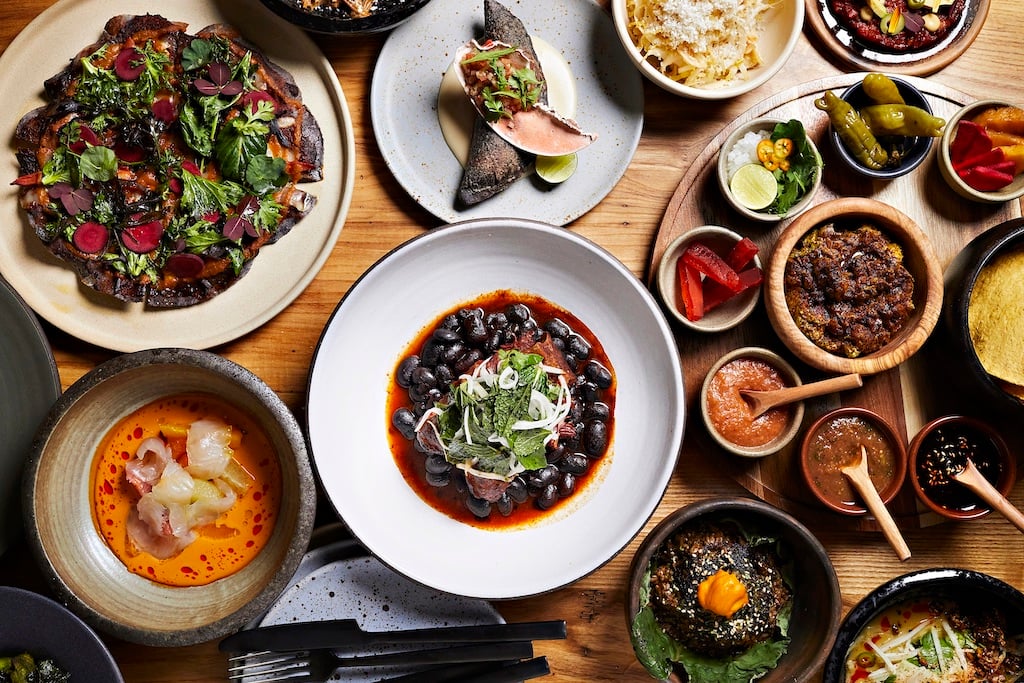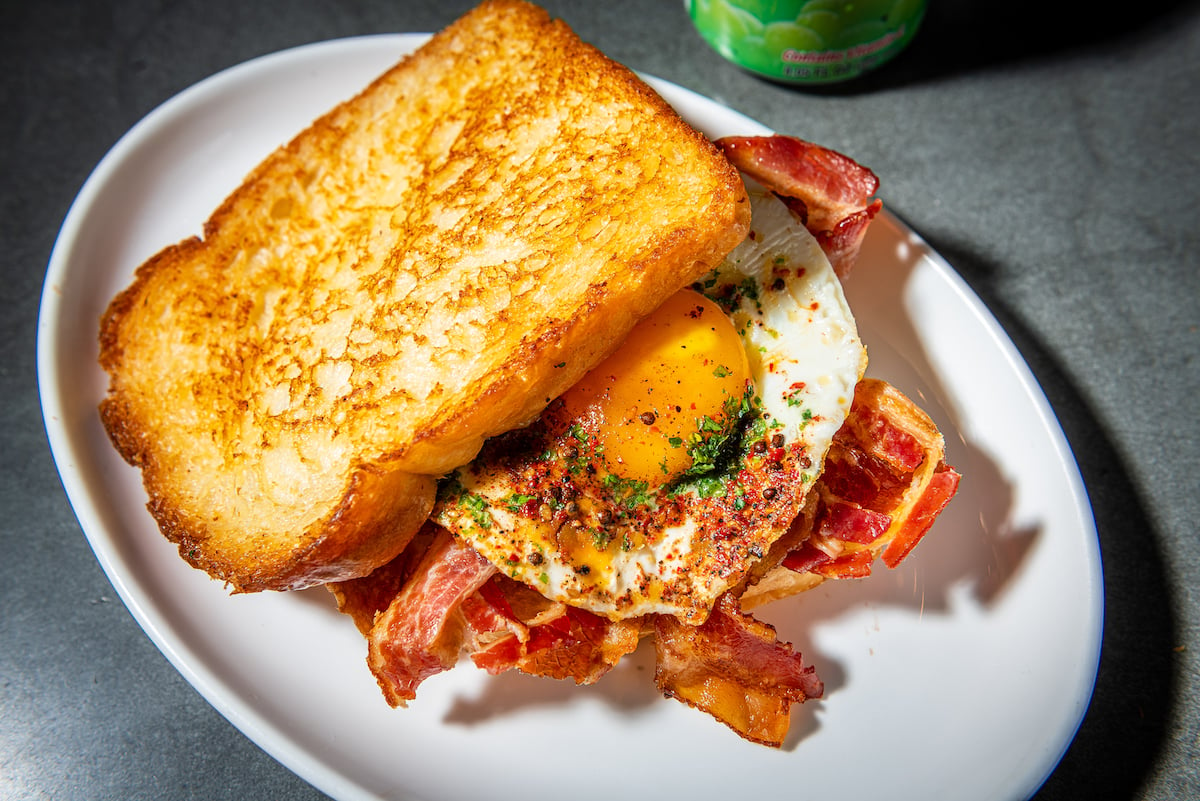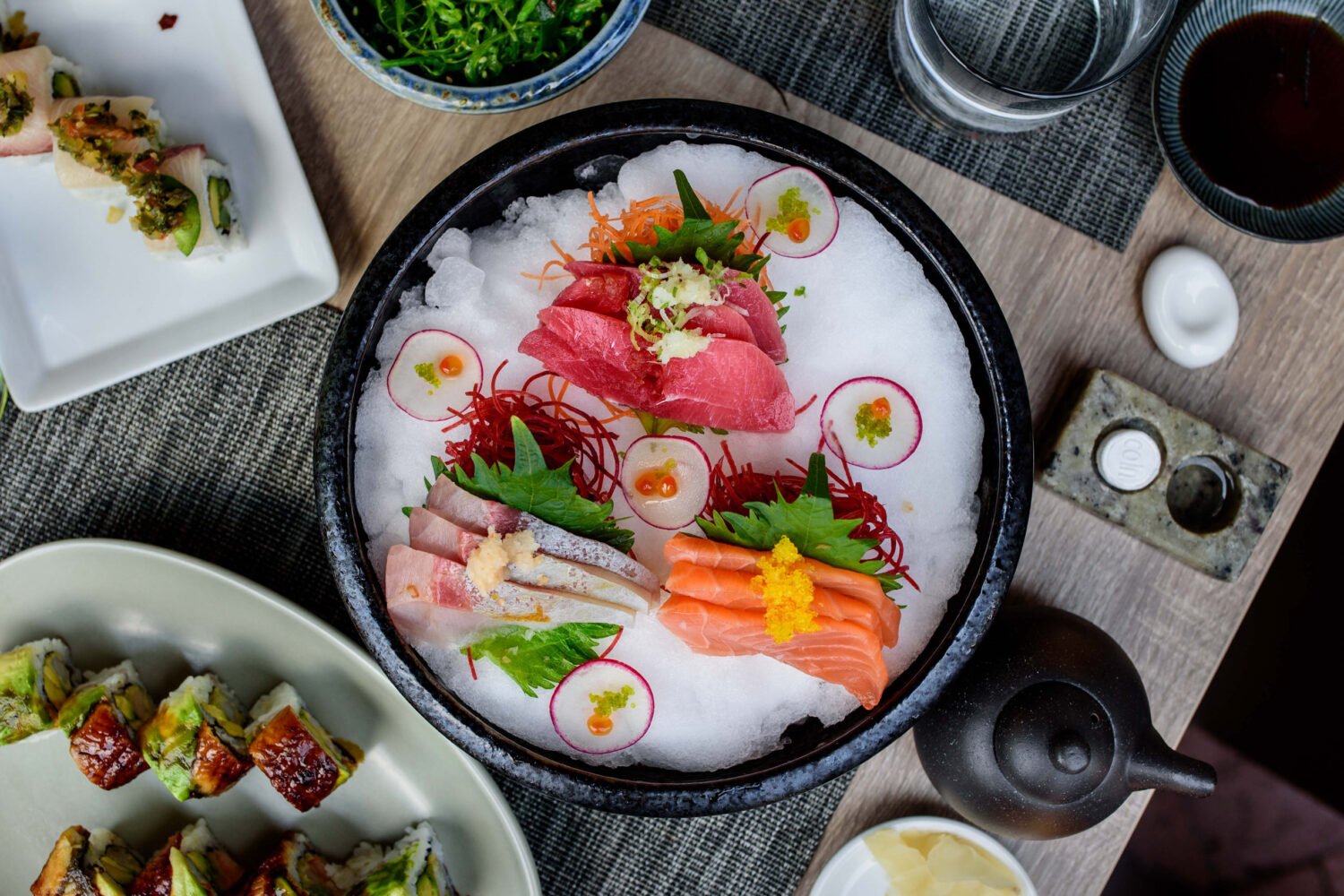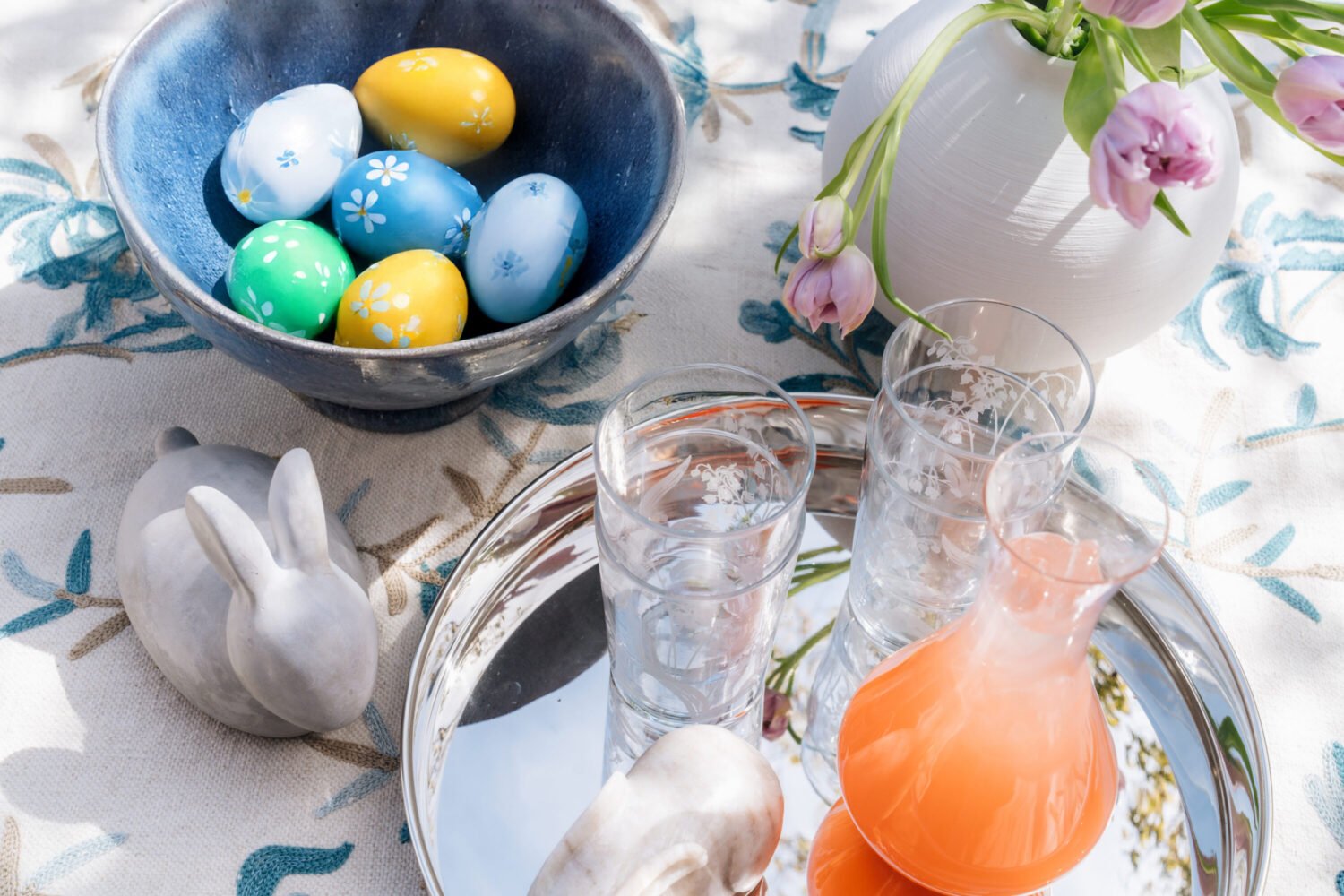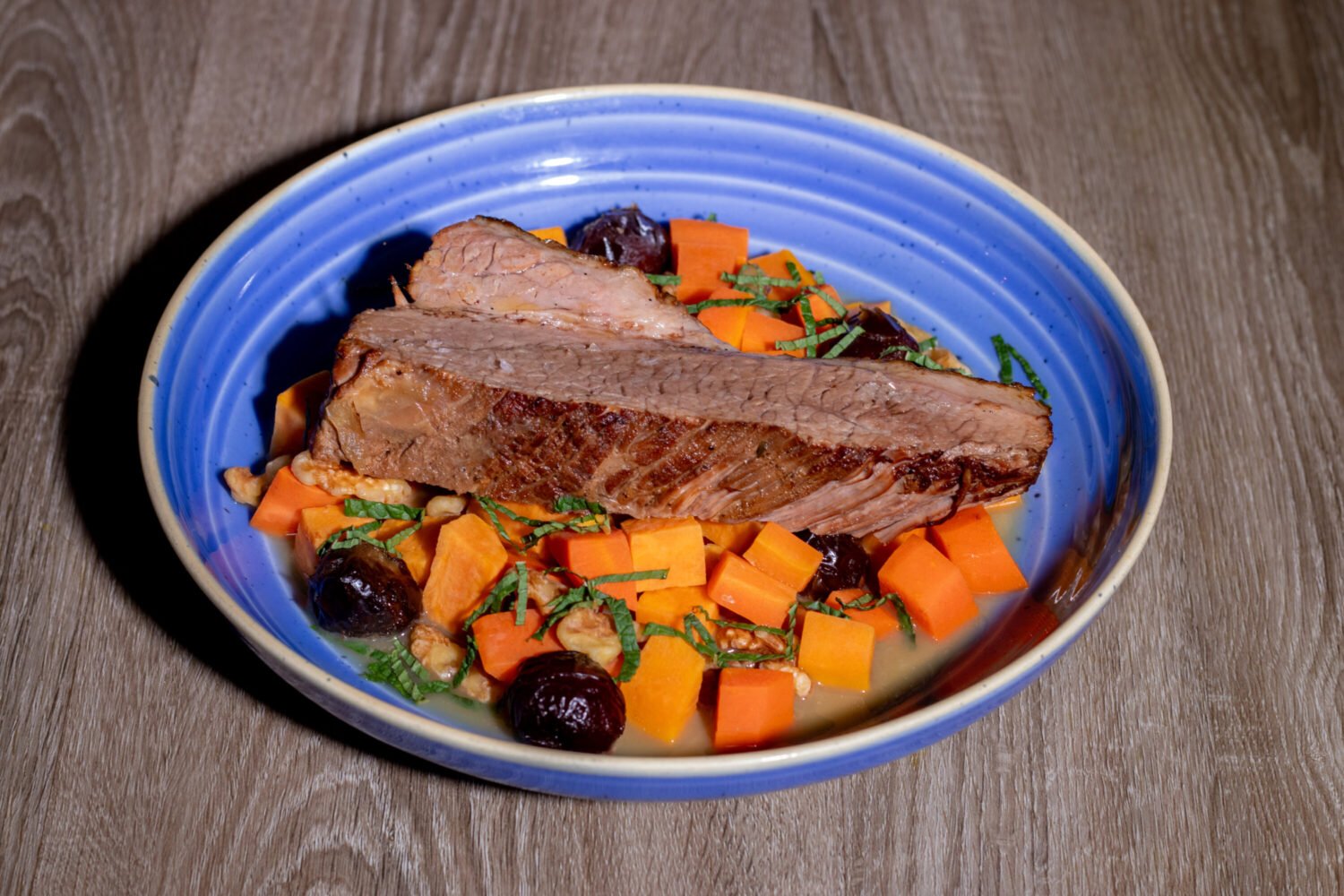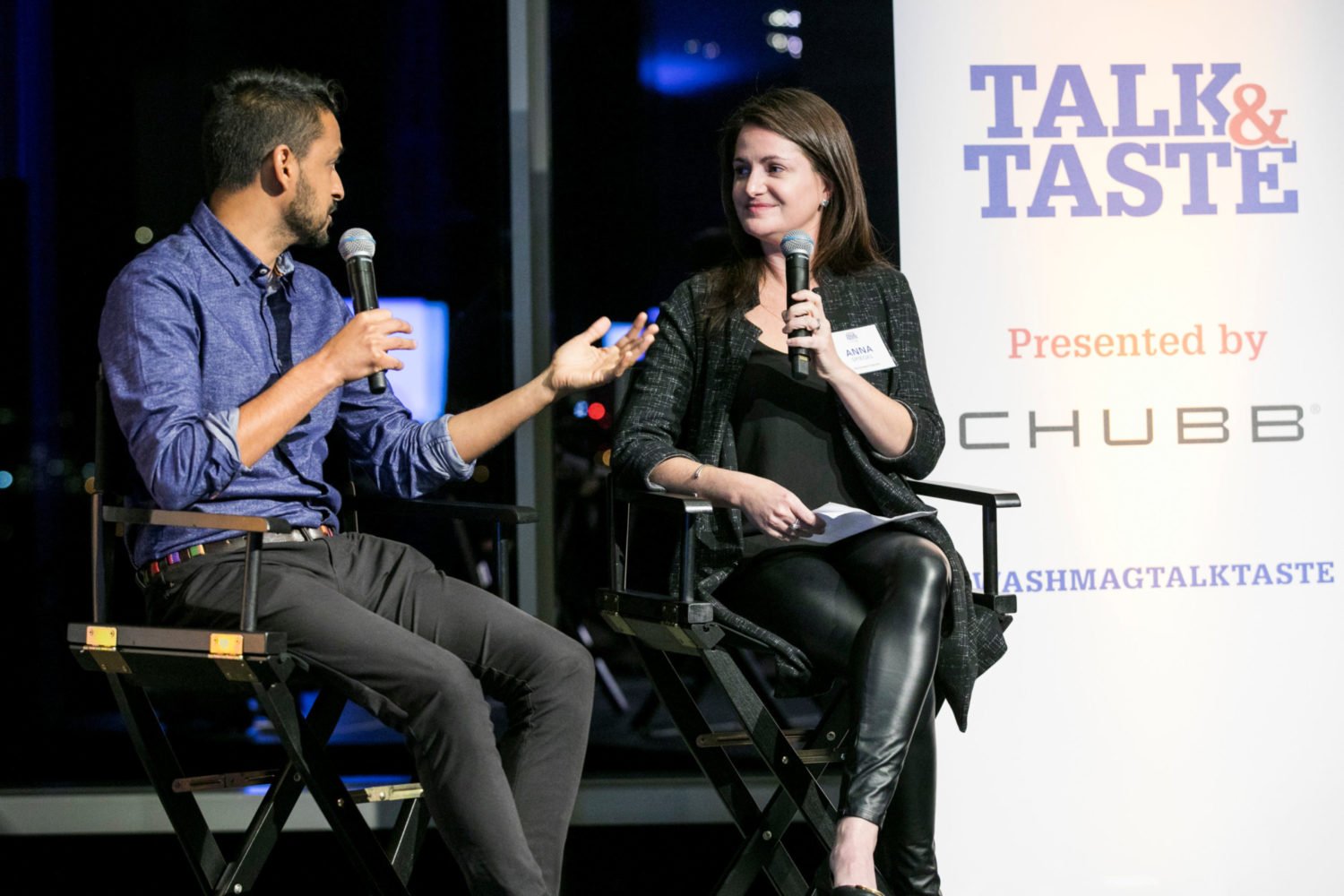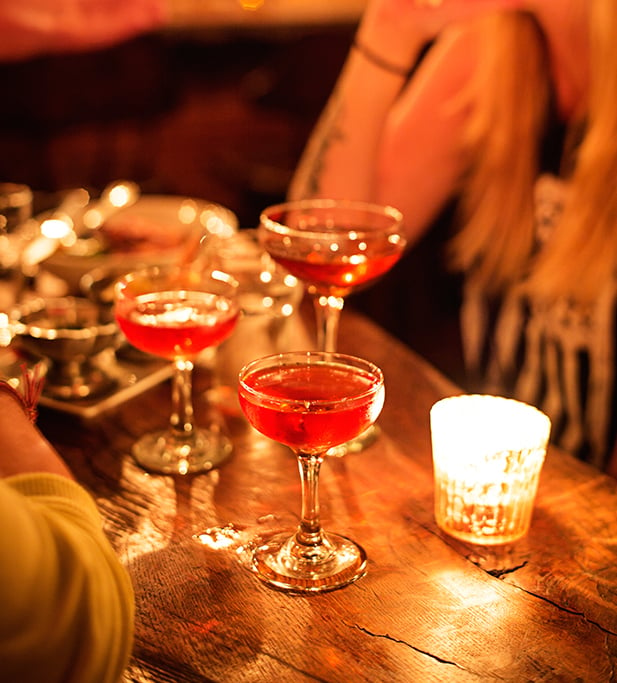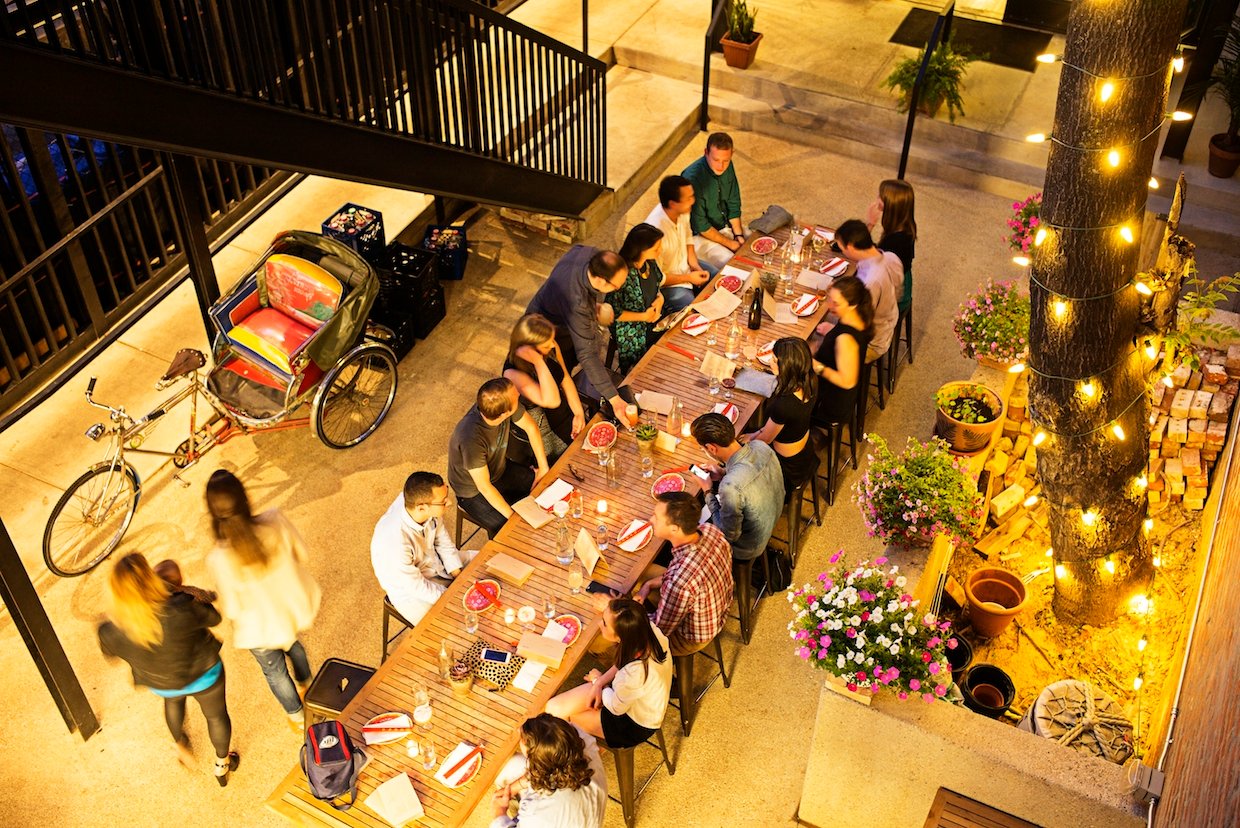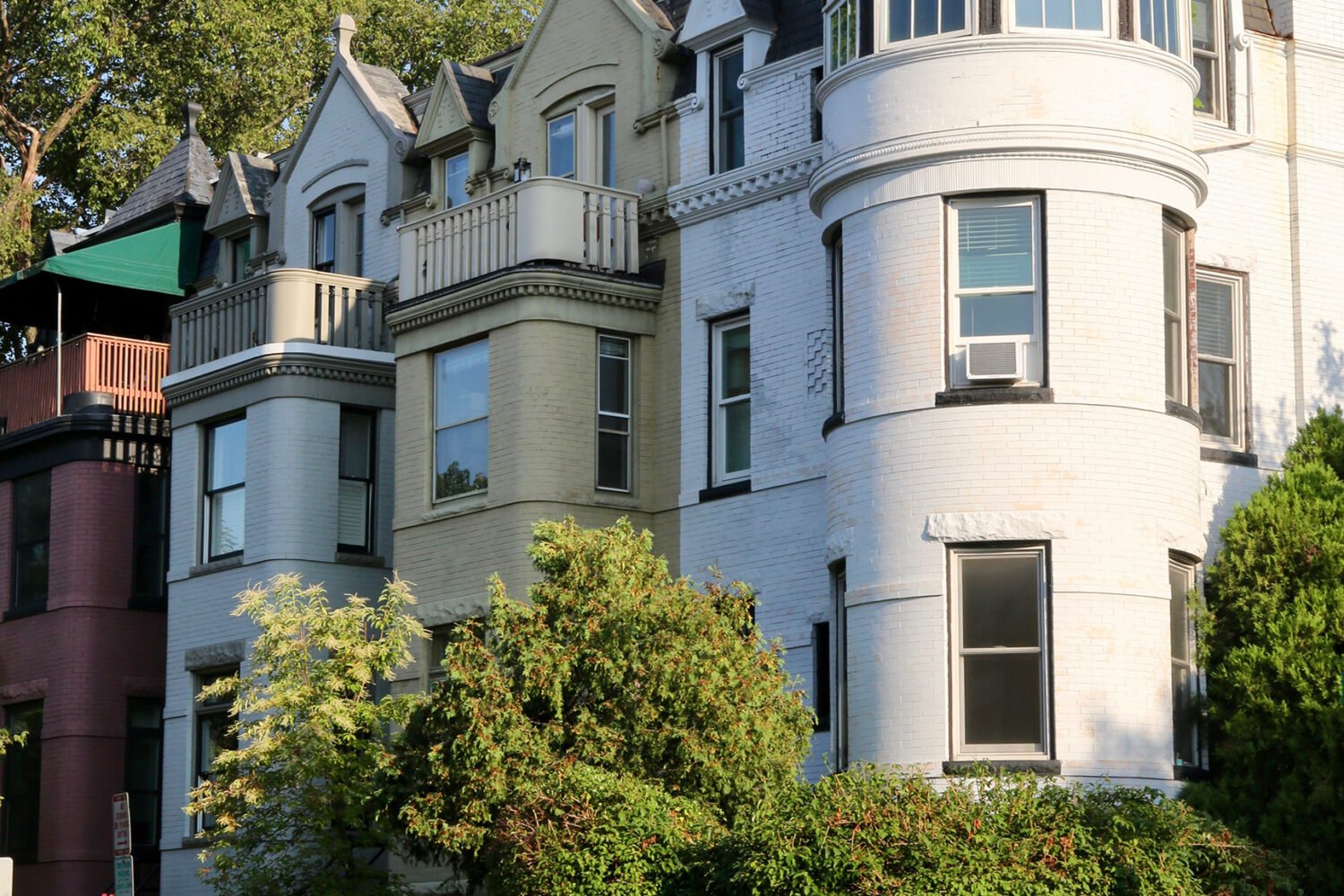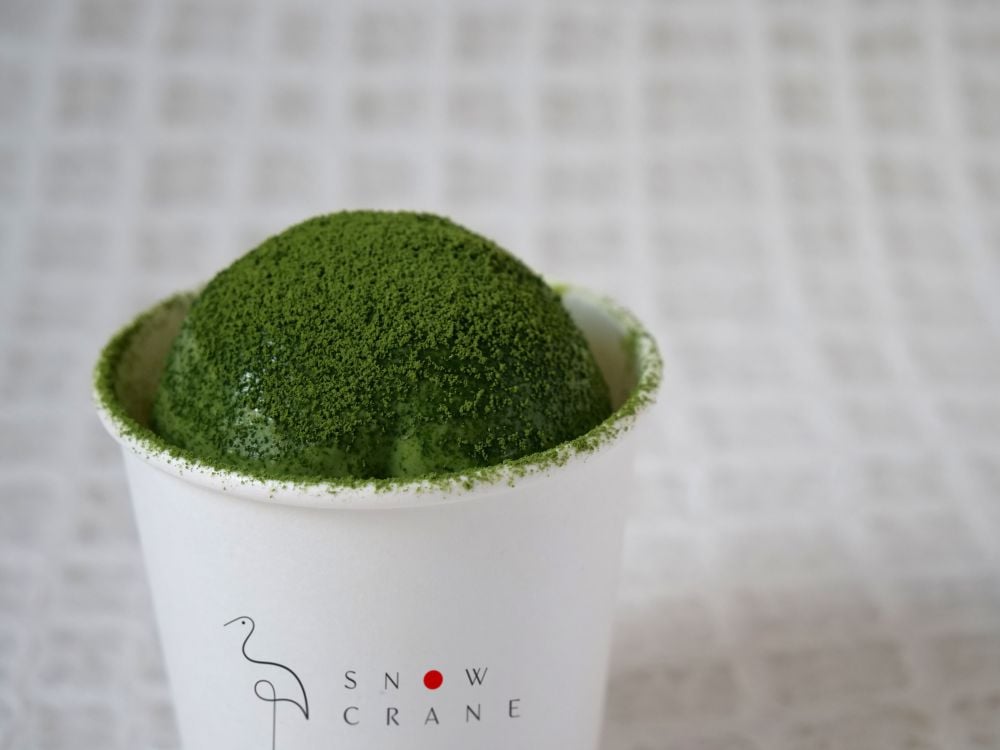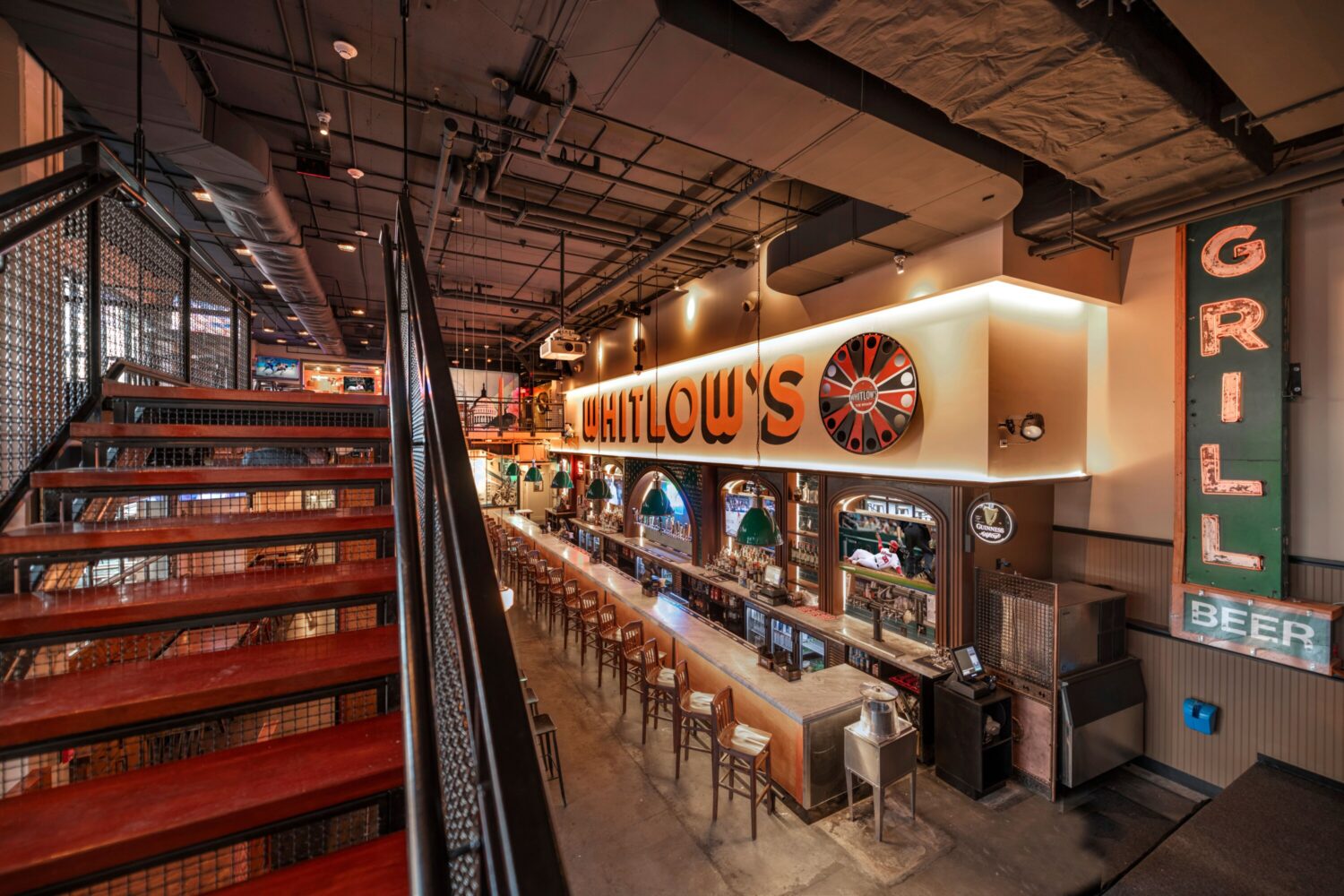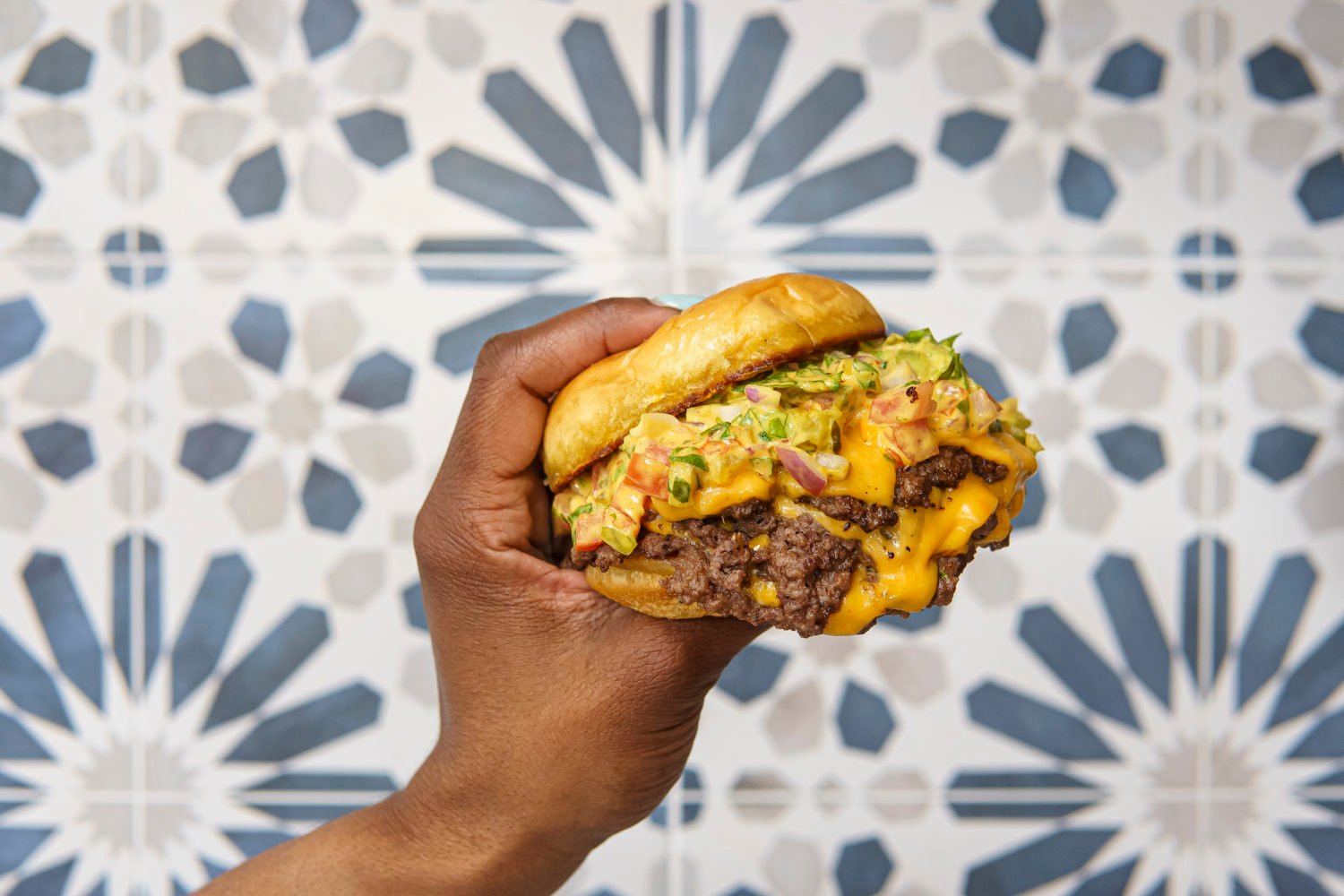Although Woodstock—the iconic 1969 festival for free-spirited hippies—passed me by, last weekend I witnessed a similarly monumental event with this era’s sustainability-loving foodies. Slow Food Nation, a conference held in San Francisco last weekend, predictably celebrated patronizing farmers’ markets and eating locally. But, with the tag line “Come to the Table,” organizers tried to quell critics—who expected the weekend to be a gathering of wealthy earth-bag-toting elite—by holding panel discussions that addressed our country’s food policies.
“Locavore” queen Alice Waters—the cookbook author and restaurateur who is sometimes criticized for being preachy and condescending—dreamed up the three-day event as an offshoot of Slow Food USA, a subsidiary of the larger Slow Food organization. Started in 1989 by Italian Carlo Petrini—who revolted against a McDonald’s opening near the Spanish Steps in Rome—Slow Food aims to recapture local food traditions and a slower pace of life.
“This cause is very important,” says Kurt Friese, a member of the Slow Food USA board of directors. “Americans are bamboozled into thinking that cooking is a chore and something to be avoided, like washing windows. Saying you have no time to cook is like saying you have no time to bathe. We’re here to get people to understand that food is so important to us and we treat it so cavalierly. If we are what we eat, then most Americans are fast, cheap, and easy.”
Friese wasn’t the only one to say such a thing: Panelists including Michael Pollan, author of The Omnivore’s Dilemma and The Botany of Desire; food journalist Corby Kummer; and Dan Barber, chef and creative director of the Stone Barns Center for Food and Agriculture, echoed one another in restating the event’s slogan: Food must be good, clean, and fair.
But it was the lecturers—who spoke about changing our food system and educating youth on the importance of local foods—who really cemented the historical importance of this event. Food Politics author Marion Nestle; Andrew Kembrell, founder of the DC-based Center for Food Safety; Winona LaDuke, Native American activist; and Wendell Berry, a longtime writer on the decline of American agriculture, all discussed the political impact of food on our society and efforts to grant everyone—not just the wealthy—access to fresh food.
Guests paid $65 to walk through a 50,000-square-foot windmill-powered pavilion, where 15 themed vendors—selling such things as cheese, bread, charcuterie, coffee, fish, wine, chocolate, and honey—offered tastes of artisanal products. Lines snaked through the space for flights of domestic cheeses, triangles of steaming wood-fired pizzas, and thin slices of cured meats.
Around the perimeter of a small square across from city hall, farmers sold fruits and vegetables, while Slow on the Go vendors grilled sausages and pressed panini to order. In the center, visitors made impromptu speeches on a small stage at one end of a victory garden planted with summer vegetables.
On Friday afternoon, one inspired man talked about his vision for a White House organic garden. “The White House organic farmers,” he began, “will plant a diverse mix of heirloom seeds passed down from Thomas Jefferson’s Monticello and seeds donated by American farmers to celebrate the rich agricultural traditions of people working for the rich and fertile American land.”
Ambitious? Perhaps, but rumor has it that DC is being considered as a host for the next Slow Food Nation, to be held in 2010.

